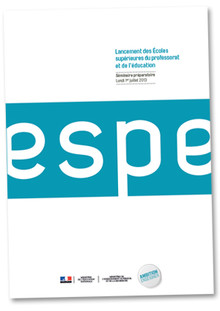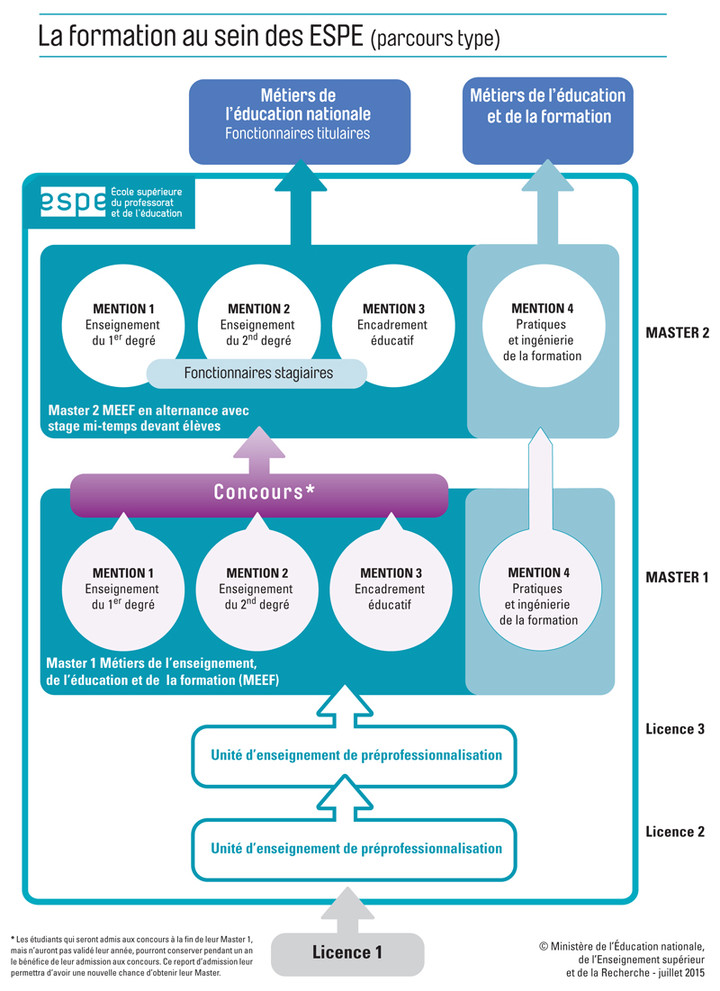 International Conference on Higher Education and mobilities - Grenoble, 19-20 December 2013 - HEM2013@upmf-grenoble.fr.
International Conference on Higher Education and mobilities - Grenoble, 19-20 December 2013 - HEM2013@upmf-grenoble.fr.
This international conference takes place today in a context of major change in both higher education and the academic world. These transformations which are of variable intensity depending on the country, can be considered as multi-dimensional and include issues such as : high enrolment rates, increased social and cultural heterogeneity, development of and change in mobility (institutional, territorial, international), diversification of the offer of academic institutions (public and private, reconfiguration of the institutional landscape), changes in policy guidelines, such as the Bologna Process which aims at the establishment of a uniform higher education system across European nations.
The international conference will focus on individual and group behaviours, strategies and trajectories which are strongly affected by and find themselves remodelled in the current context. We propose the term mobility as a central notion for apprehending the phenomena. In the current call for papers, we distinguish five closely related but different forms of mobility.
Territorial Mobility
How do students decide on the choice of their place of study? What guides their vocational orientation and choice of region? What are the strategies at play? Which factors might account for these student behaviours?
Institutional Mobility
What are the mobility practices that can be observed and analysed in the context of the diversification of the offer of academic institutions? Which factors might explain the public’s allocation phenomena, i.e. orientation mechanisms, the place of fees and tuition in investment decisions, the influence of institutional reputation and the existence of selection procedures?
Academic Mobility
What are the factors that explain the phenomena of academic performance and, more generally, the phenomena of success, failure or dropout in higher education? What determines student behaviour and student strategies? How can we explain the phenomena of time allocation between different activities?
Social mobility
To what extent does the current trend of diversification of higher education contribute to increasing social mobility? What are the expectations of students from diverse backgrounds in terms of social inclusion and access to the labour market? What kind of data and analysis contributes to the study of the social and professional integration?
International Mobility
In order to be part of higher education at an international level, what are the strategies and policies, (for example going for high rankings, recruitment policies, international networking), that are being implemented by different actors in higher education, in research laboratories, and policy makers? What are the strategies and behaviors of individual students in this form of mobility?
At the heart of these transformations, the international conference will place special emphasis on behaviour, strategies, and practices of the actors of higher education. Analysis in terms of choice, motivations, decisions, and expectations are at the centre of this enterprise. The scientific committee will privilege work that allows better understanding of practices, appropriately describes or quantifies them, or that analyses and constructs typologies. Presentation of original data produced on the basis of surveys or exploratory, methodological efforts in data collection and processing, or in modelling will also receive special attention.
 Madrid Open University (UDIMA) is offering a series of free online summer courses during the month of July. The courses are taught using the Elluminate platform, a tool that combines real-time videoconferencing possibilities, chats and presentations with full interaction between participants. A total of 80 seminars are scheduled to take place throughout the month, framed within 10 distinct areas of study: Tourism, Psychology, Labour and Human Resources, Business Administration and Economics, Law, Criminology, Journalism, History and Humanities, Computer Engineering and Industrial Organisation, and Innovation. Read more...
Madrid Open University (UDIMA) is offering a series of free online summer courses during the month of July. The courses are taught using the Elluminate platform, a tool that combines real-time videoconferencing possibilities, chats and presentations with full interaction between participants. A total of 80 seminars are scheduled to take place throughout the month, framed within 10 distinct areas of study: Tourism, Psychology, Labour and Human Resources, Business Administration and Economics, Law, Criminology, Journalism, History and Humanities, Computer Engineering and Industrial Organisation, and Innovation. Read more...













/https%3A%2F%2Fprofilepics.canalblog.com%2Fprofilepics%2F1%2F0%2F1076071.jpg)